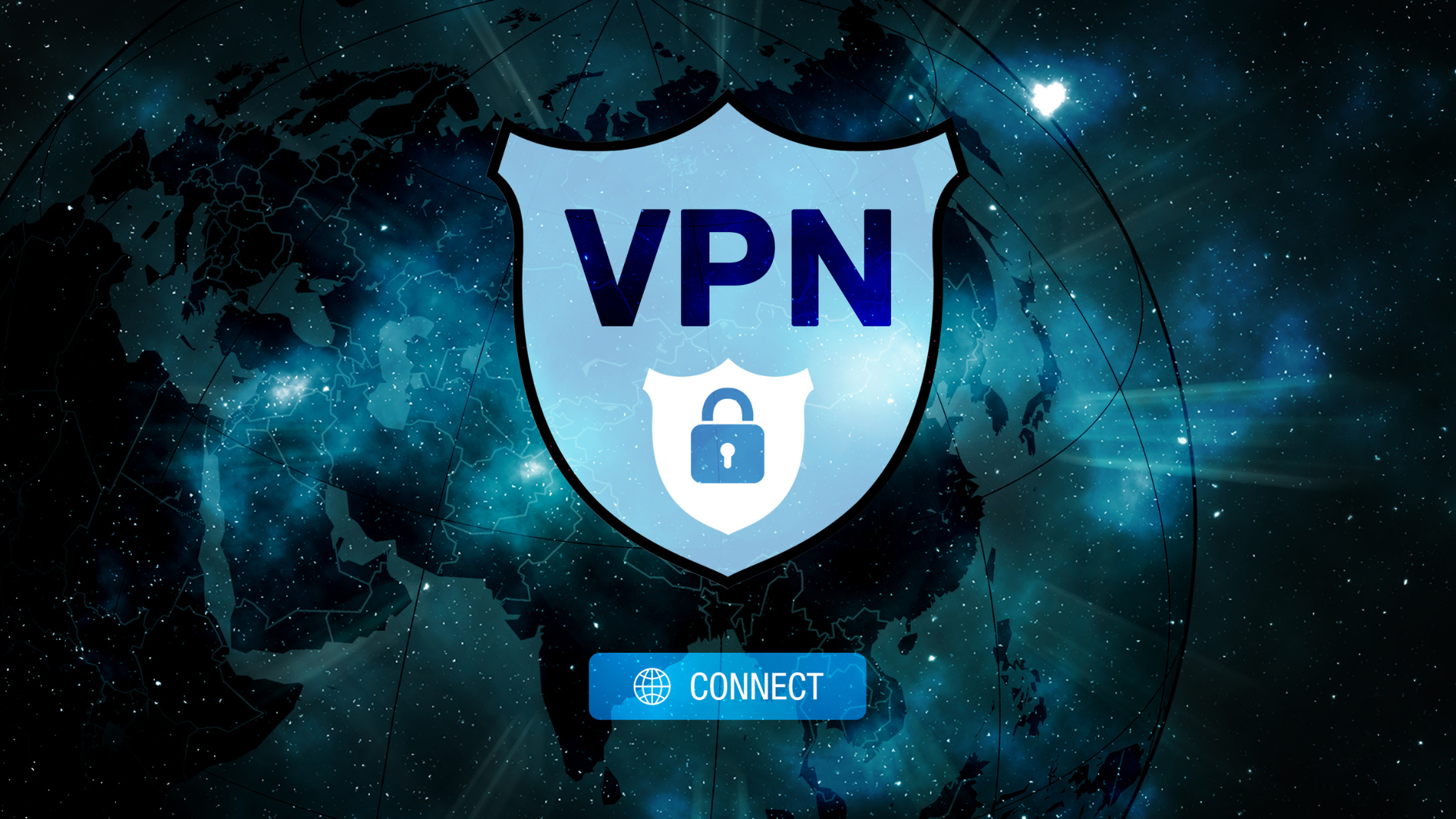Are you concerned about your internet security? With the use of the internet and Wi-Fi almost inevitable, it is no wonder that VPNs have become an indispensable tool for accessing geo-blocked content.
A VPN, or virtual private network, is a network that utilizes public telecommunication infrastructure, like the internet to create private connections across public networks; much like how sip trunking works. It allows you to securely connect to a website or online service even while on public Wi-Fi.
But, can you really trust the service you use?
Many people assume that VPNs are safe to use, but this argument needs a closer look. Unfortunately, there are no strict regulations regarding this. Because of this, users need to be extra cautious when using them. Are there ways how we can secure a VPN?
Virtual Private Network is a technology that encrypts your Internet traffic-and as a result, your data-to hide your IP address. While they can be extremely beneficial for protecting your privacy, they can also be expensive, and not all of them are created equal. While they are free to use, free VPNs often don’t provide the same security and privacy options as paid ones. However, there are some, where you don’t have to pay a dime, and there are also a few tricks you can use to secure a VPN for free easily.
Secure your VPN Connection with these Tips:
Use the recent version of the VPN software.
Update your VPN software to the latest version. Most of them are updated regularly to fix bugs and address new security issues. As VPNs constantly receive new features and fixes, users should update their software to the latest version to ensure they are using the most secure version.
Filter the VPN traffic.
VPN software is most often used to secure traffic over the internet. However, firewalls can be used to protect devices on your network from unauthorized access. These tools are essential in today’s digital landscape, yet, like most technologies, they can be misused. Such misuse can increase the risk of invasions of privacy and security breaches, underscoring the importance of securing your software. To enhance VPN security, especially when incorporating wireless access points on your network, you can configure these access points to act as VPN gateways. If you lack the expertise to undertake this task, consider seeking assistance from an IT company. Their expertise can ensure that your system and business are safeguarded against any unwanted cybersecurity threats.
Review the VPN connections.
If you’re a beginner, you want to be sure the software is easy to download, install, set up, and use. But even if you’re a seasoned user, the best VPN software can end up confusing you if you don’t know how to use it. Fortunately, most of the top ones make it as easy as possible to set them up and use them, though you may need to get familiar with the different VPN settings to optimize your features accordingly. It might even be the case that your Wi-Fi is not strong enough to sustain a VPN. In that case, you could try a WIFI assessment and wireless site survey from Hummingbird Networks or any other IT company that provides a similar service. If your Wi-Fi is fast and powerful, then it should be able to make a good VPN work without compromising speed.
Deploy VPN patches.
VPNs have become increasingly popular in recent years, whether for privacy, security, or just to get around an imposed restriction. Unfortunately, their popularity has also attracted hackers, and VPN users can be easy targets. For this reason, it’s important to secure your own VPN install. One of the most basic ways to do that is to download and install the latest VPN patches and updates.
Check and update settings.
While VPNs are one of the easy yet very effective ways to stay secure online, they often come with many settings that can be tricky to wade through. The good news is that not every VPN has complicated settings, and you can easily update them, one setting at a time, to ensure your VPN is as secure as possible.
Why should we secure our VPN? It allows data transmitted between your computer and the website you are viewing to be encrypted. This encryption helps to protect you and your identity from being observed, stolen, or modified. Given the security, it is recommended to secure a VPN whenever carrying out a transaction over the web, that requires sensitive data to be fed in. This is because identity theft has become a common issue these days. Though an experienced consumer law attorney can help restore a person’s rights in one such case, being a little careful is always best.
Needless to say, VPN is a great feature to have installed on both your computer and smartphone. It will protect your computer by encrypting all data that passes through it. This helps you avoid data theft, spyware, and keylogging and protects your identity by preventing anyone from intercepting your data in transit.

